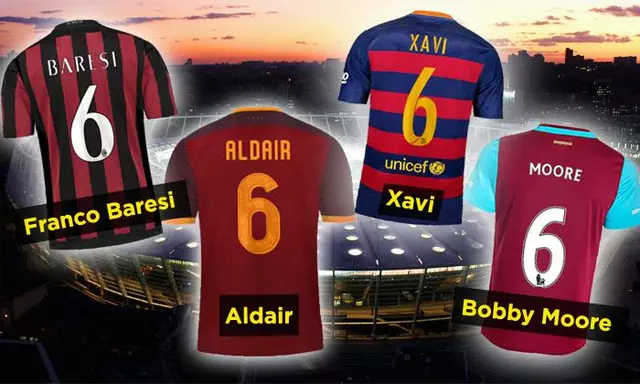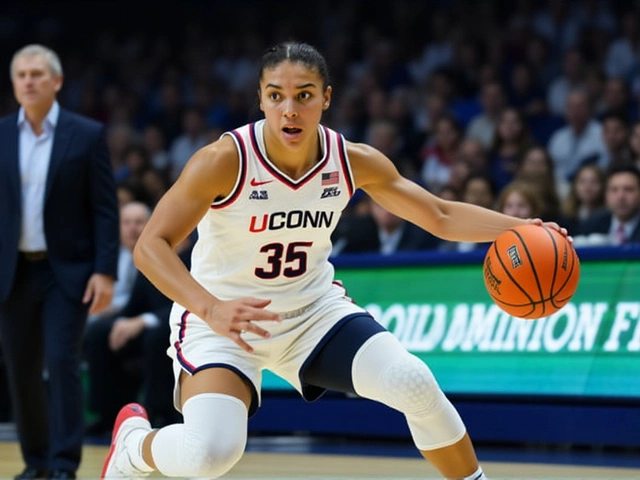
Football Controversy: What Fans Keep Debating
Whenever you log into Soccer Fan Tavern you’ll see headlines that spark heated comments – "Did that team agree to a draw?" or "Why are matches still played in freezing weather?" These questions aren’t new, but they keep popping up because they touch the core of what we love (or hate) about the beautiful game. Below we break down the most talked‑about controversies, give you the background you need, and let you decide where you stand.
Agreed Draws – Myth or Reality?
One of the juiciest debates is whether clubs ever decide to settle for a tie before the final whistle. The idea sounds like a cheat sheet for a chess match: both sides lock in a result that protects their league position, saves players from fatigue, or satisfies a sponsor.
There have been a few high‑profile cases that fuel the rumor mill. In the 1990s, a couple of lower‑division sides were accused of colluding in the last few minutes of a match to ensure a 0‑0 finish that kept both out of relegation danger. No concrete proof ever surfaced, but whistleblowers claimed coaches exchanged signals.
More recently, a handful of European clubs were investigated after a series of 1‑1 draws that seemed too convenient. The governing bodies looked at betting patterns and found nothing illegal, but the suspicion lingered. The fact that no club has ever been officially penalized for a “draw agreement” suggests it’s either hard to prove or simply not happening as often as fans think.
What matters to you as a fan is the impact on the sport’s integrity. If you believe teams are gaming the system, you’ll likely demand stricter monitoring. If you think it’s just speculation, you’ll keep cheering each goal, even in a low‑scoring affair.
Why Leagues Play in Winter – The Real Reasons
Another hot topic is the stubborn tradition of winter fixtures. Many newcomers ask, "Why not move the whole season to spring and avoid the cold?" The answer blends history, economics, and player welfare.
First, the football calendar was built around the agricultural calendar in the 19th century. Matches were set on weekends when workers were off, which landed the season squarely between autumn and spring. Changing that would clash with other sports and disrupt long‑standing broadcasting contracts.
Second, winter holidays are a massive revenue driver. Clubs sell tickets for Christmas and New Year games, and fans love the festive atmosphere. TV networks also reap higher ad rates when viewers are at home during cold evenings.
Third, player fitness actually benefits from a mix of temperatures. While extreme cold can raise injury risk, a moderate winter chill often reduces dehydration and allows for better recovery between games. Clubs invest heavily in heated pitches and proper gear, so the weather isn’t as big a barrier as it once was.
In short, the winter schedule persists because it balances tradition, money, and the physical demands of the sport. If you’re tired of frozen pitches, you’re not alone – but the economics behind the scenes keep the season running where it is.
These controversies illustrate how football is more than just a game on the pitch. It’s a web of tactics, business deals, and cultural habits that shape what we see on match day. Whether you’re arguing about draw deals in a forum or wondering why your favorite team plays in snow, the conversation keeps the sport alive and evolving. Keep the debate going – it’s what makes being a fan so exciting.
-
25 Jul



